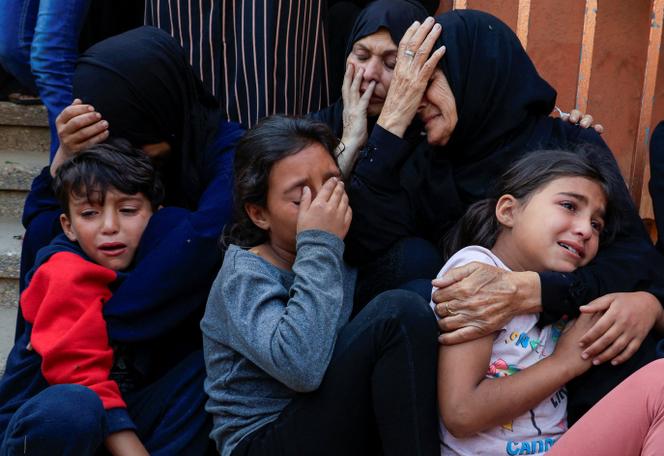

The war underway in Gaza for nearly 600 days has been accompanied by fierce controversies, particularly over how to define the conflict itself. The Israeli government and its supporters consider that describing it as "genocide" amounts to antisemitism, while some human rights organizations have adopted the term, with Amnesty International condemning what it has called a "live genocide" in Gaza.
Debate on the subject has been intense in academic circles, including in Israel, where two Holocaust historians stated that, "what is happening in Gaza is not the Holocaust. There is no Auschwitz and no Treblinka there. However, it is a crime from the same family – a crime of genocide." The terms "urbicide" and "scholasticide" have also been used to describe the systematic destruction of both the urban fabric and the education system respectively.
The controversies have been all the more heated as the war against Gaza has led to a troubling inversion of language, with the Israeli Army highlighting its "humanitarian" record even as inhumane treatment of the local population has become normalized.
According to the International Court of Justice, Israel has never ceased, since 1967, to be the "occupying power" in Gaza, even after its Army and settlers withdrew in 2005, owing to its "border control" of the Palestinian enclave. That "control" turned into a blockade after Hamas seized power in Gaza in 2007. The Israeli Army then devised a model allocating each resident a daily ration of 2,279 calories (2,784 for men, 2,162 for women, and 1,758 for children).

You have 70.42% of this article left to read. The rest is for subscribers only.
